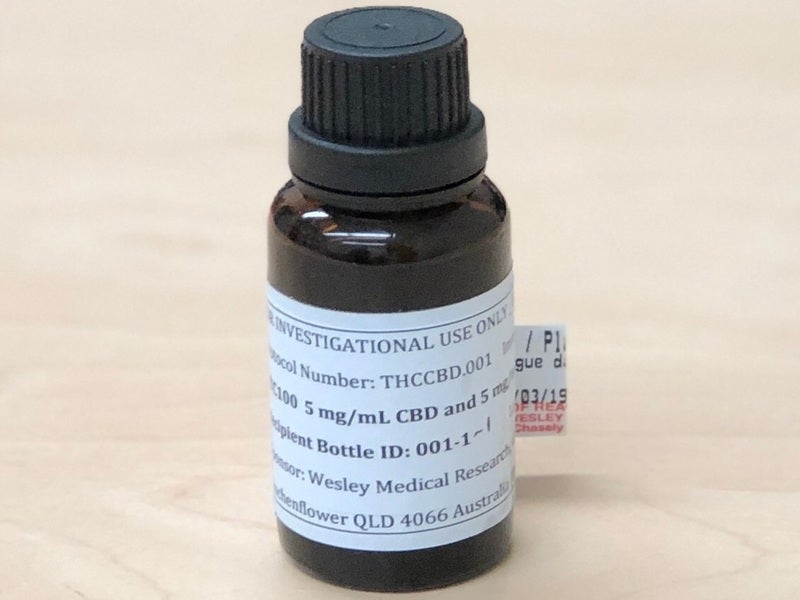
Wesley Medical Research is partnering with the University of Sydney in Australia to carry out a clinical trial to investigate if medical cannabis could be used to treat individuals with Tourette syndrome.
The neurological disorder, which develops in childhood, is characterised by involuntary movements and vocalisations known as painful tics.

Discover B2B Marketing That Performs
Combine business intelligence and editorial excellence to reach engaged professionals across 36 leading media platforms.
The trial will examine the safety and efficacy of cannabinoids on tic frequency as well as the psychiatric and cognitive symptoms associated with Tourette.
In collaboration with the Lambert Initiative, Bod Australia will supply the pharmaceutical grade cannabis extract for the trial.
Participants in the clinical trial, which is being conducted by Wesley Medical Research in Brisbane, will complete two six-week ‘crossover’ periods of treatment with either a medicinal cannabis drug or placebo.
Both participants and investigators will not be aware of treatment status until the trial concludes.

US Tariffs are shifting - will you react or anticipate?
Don’t let policy changes catch you off guard. Stay proactive with real-time data and expert analysis.
By GlobalDataLambert Initiative academic director professor Iain McGregor said: “There is already early evidence to support the successful treatment of Tourette syndrome with cannabinoids.
“This clinical trial could have a major impact and greatly improve the lives of those living with Tourette syndrome.”
Some people with Tourette syndrome experience side-effects including fatigue and weight gain to existing therapies.
Medicinal cannabis is a combination of cannabidiol (CBD) and tetrahydrocannabinol (THC) ingredients that are derived from the cannabis plant.
The Lambert Initiative, which is based at the Brain and Mind Centre at the University of Sydney, was established in 2015 to conduct quality research to discover, develop and optimise the safe use of cannabinoid therapeutics in medicine.





